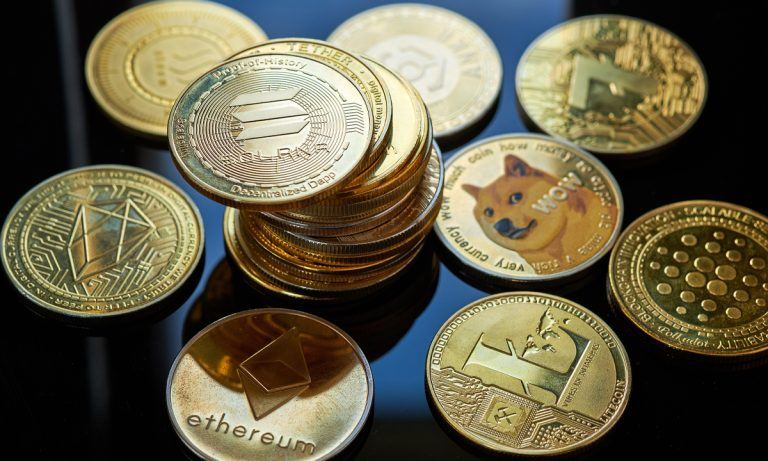
Cybercriminals have reportedly breached AT&T email accounts and are using the access gained to steal crypto assets from their victims. While a spokesperson for AT&T has denied claims that hackers have gained access to the company’s internal systems, a report suggests that as much as $ 20 million worth of crypto may have been stolen.
Criminals ‘Used an API Access’
Cybercriminals have reportedly gained access to AT&T email accounts and are using this to hack into targeted victims’ crypto exchange accounts. According to a Techcrunch report, the criminals using this modus operandi may have stolen crypto assets worth between $ 15 million and $ 20 million.
Although two victims are said to have confirmed the theft, a spokesperson for AT&T has in the meantime rejected suggestions that criminals have gained access to the company’s internal systems.
“There was no intrusion into any system for this exploit. The bad actors used an API access,†said Jim Kimberly, the spokesperson for AT&T.
As explained in the Techcrunch report, unknown parties are thought to have found a way of hacking into personal AT&T email accounts that use att.net, sbcglobal.net, and bellsouth.net addresses. To achieve this, the hackers reportedly use access to the telecommunication company’s internal network which then enables them to create mail keys for any user.
Having gained a targeted person’s keys, the criminals are then able to login and reset the victim’s passwords including those on crypto exchange apps. To prove that cybercriminals have indeed gained access to AT&T’s internal systems, a whistleblower is said to have shared a list of the hackers’ alleged victims.
While AT&T has acknowledged the “unauthorized creation of secure mail keys,†the spokesperson insisted that the company had responded to this by updating its security controls. The company said it has locked some email accounts to force the owners to reset passwords.
What are your thoughts on this story? Let us know what you think in the comments section below.
Image Credits: Shutterstock, Pixabay, Wiki Commons
Disclaimer: This article is for informational purposes only. It is not a direct offer or solicitation of an offer to buy or sell, or a recommendation or endorsement of any products, services, or companies. Bitcoin.com does not provide investment, tax, legal, or accounting advice. Neither the company nor the author is responsible, directly or indirectly, for any damage or loss caused or alleged to be caused by or in connection with the use of or reliance on any content, goods or services mentioned in this article.
Read disclaimer
Bitcoin News








Leave a Reply